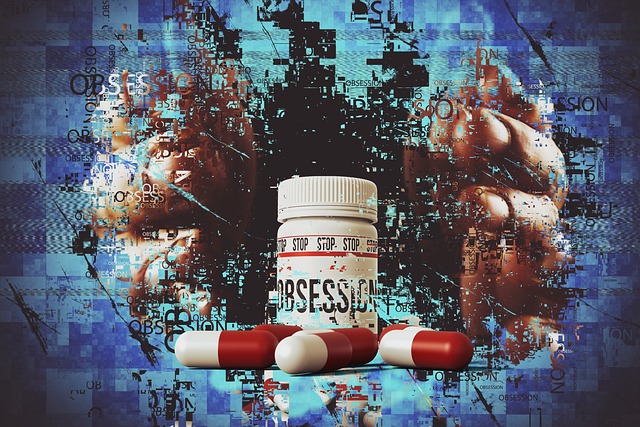Addiction Recovery: Outpatient Programs in Concord, New Hampshire
Addiction Recovery Centers in Concord, New Hampshire, provide intensive outpatient programs (IOPs) f…….
Over 15% US adults have used prescription painkillers not prescribed to them.
In the heart of New Hampshire, Concord stands as a beacon of hope for those battling addiction, offering a dedicated and specialized solution through its Addiction Recovery Centers. This comprehensive guide aims to delve into the multifaceted world of these centers, exploring their role in the global fight against substance abuse, their internal workings, and the impact they have on individuals and communities. By understanding the intricacies of Concord’s recovery centers, we can appreciate their significance and contribute to informed discussions on improving addiction treatment accessibility worldwide.
Addiction Recovery Centers (ARCs) in Concord, New Hampshire, are specialized facilities designed to provide comprehensive care for individuals struggling with substance use disorders (SUDs). These centers offer a range of evidence-based treatments, therapeutic interventions, and support services tailored to address the unique needs of each client. The core components typically include:
The concept of ARC has evolved over the past few decades, driven by a growing understanding of addiction as a chronic disease. In the early 1900s, treatment focused on institutionalization, with long-term stays in sanitariums. However, the 1980s marked a shift towards more community-based, outpatient models. Concord’s ARCs represent this evolution, combining medical expertise with psychological and social support to offer holistic healing.
ARCs play a crucial role in:
The concept of ARC has spread globally, influenced by successful models from countries like the United States, Canada, and Australia. However, each region faces unique challenges that shape its approach to addiction treatment:
The global addiction treatment market is dynamic, driven by increasing substance abuse rates, aging populations, and growing awareness of the economic benefits of recovery. ARCs operate within a complex ecosystem:
Investment in ARCs follows several trends:
ARCs contribute significantly to:
The integration of technology in ARCs has revolutionized treatment accessibility:
Technological advancements offer:
The regulatory landscape for ARCs varies globally but typically includes:
Policies and regulations:
Background: CCRC is a leading ARC in Concord, offering comprehensive treatment for individuals aged 18-65. It boasts a 75% success rate in helping clients achieve long-term recovery.
Approach: CCRC combines evidence-based therapies with peer support groups and family involvement. Its innovative use of technology includes:
Outcomes: CCRC’s holistic approach has led to significant improvements in client outcomes, including reduced relapse rates, improved employment rates, and increased overall life satisfaction.
Focus: NHRC specializes in treating co-occurring disorders, addressing both SUDs and mental health conditions simultaneously.
Strategies: Utilizing integrated treatment models, including:
Achievements: NHRC has seen a 60% reduction in relapses among clients with co-occurring disorders, demonstrating the effectiveness of its integrated care approach.
Addiction Recovery Centers Concord New Hampshire represent a beacon of hope and resilience in the global fight against substance use disorders. From their core components to technological advancements, ARCs have evolved to provide comprehensive, evidence-based care tailored to individual needs. While challenges remain, innovative solutions, successful case studies, and strategic planning point towards a promising future for addiction recovery.
By understanding the intricacies of ARC development, investment patterns, policy frameworks, and emerging trends, we can collectively work towards improving access, quality, and outcomes in addiction treatment worldwide. Concord’s ARCs stand as testament to the power of specialized care in transforming lives and building stronger, healthier communities.
How do I know if I or a loved one needs help for addiction?
What types of therapy are commonly used in ARCs?
How effective are medication-assisted treatments (MATs)?
Can addiction recovery be sustained long-term?
What role does family play in a loved one’s recovery journey?

Addiction Recovery Centers in Concord, New Hampshire, provide intensive outpatient programs (IOPs) f…….

Addiction Recovery Centers in Concord, NH, offer comprehensive care for substance use disorders thro…….

Teen substance abuse is a growing concern with early intervention crucial for recovery. Recognizing…….